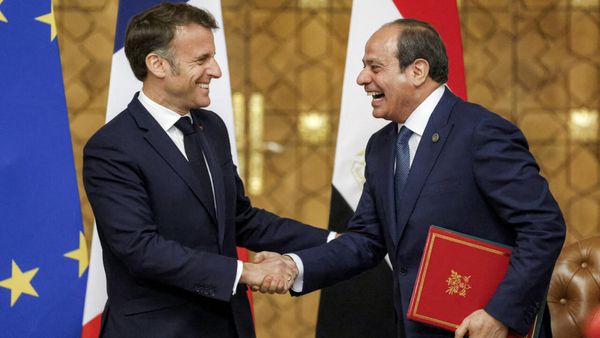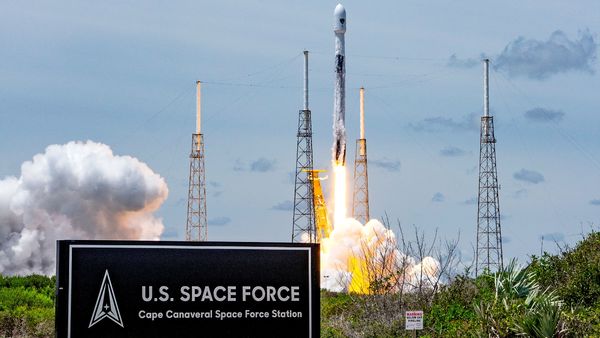
Citi said on Wednesday it expects a Trump presidency could lower Brent Crude prices to $60 per barrel on average, saying the oil industry will be under pressure through 2025 due to potential trade tariffs and increased oil supply.
The influence of Trump on Organization of the Petroleum Exporting Countries (OPEC) could prompt the international group to end production cuts faster and may just push the OPEC to return withheld outputs while alleviating geopolitical tensions. It could also warrant the release of more oil back into the market, according to Reuters.
The global implications may vary, but the new presidency could spell negatively for Europe and China as they are prone to a higher risk of trade tariffs.
The analysts also noted that a Trump presidency is favorable to the oil and gas industry. Trump's policy could favor potential tax incentives for capital investment in exploration and production and could reverse the Biden era's increases in royalties, costs for minimum bids, and lease rates on Federal lands, Citi noted.
"Still, despite the more supportive oil and gas agenda, its immediate impact on physical oil markets is likely to be limited," said Citi.
At present, Citi expects the global oil demand growth to be at 0.9 million barrels every day in the succeeding year.
"Broader market conditions look more binding on constraining U.S. oil and gas production growth than regulatory factors," Citi added as per Marketwatch.
Aside from the oil industry, which is very likely to be on guard on the effects of another Trump presidency, the automotive industry has also braced itself for what could happen in succeeding months.
Trump previously promised 200% tariffs on vehicles imported from Mexico. That came after promising 100% tariffs at one point on cars built in Mexico.
The Republican leader has expressed his intention to reverse pro-electric vehicle policies and rescind regulations enforced by the Environmental Protection Agency and the Transportation Department on his first day in office. He also aims to reduce or eliminate tax breaks and other incentives for electric vehicles, Reuters reported.









